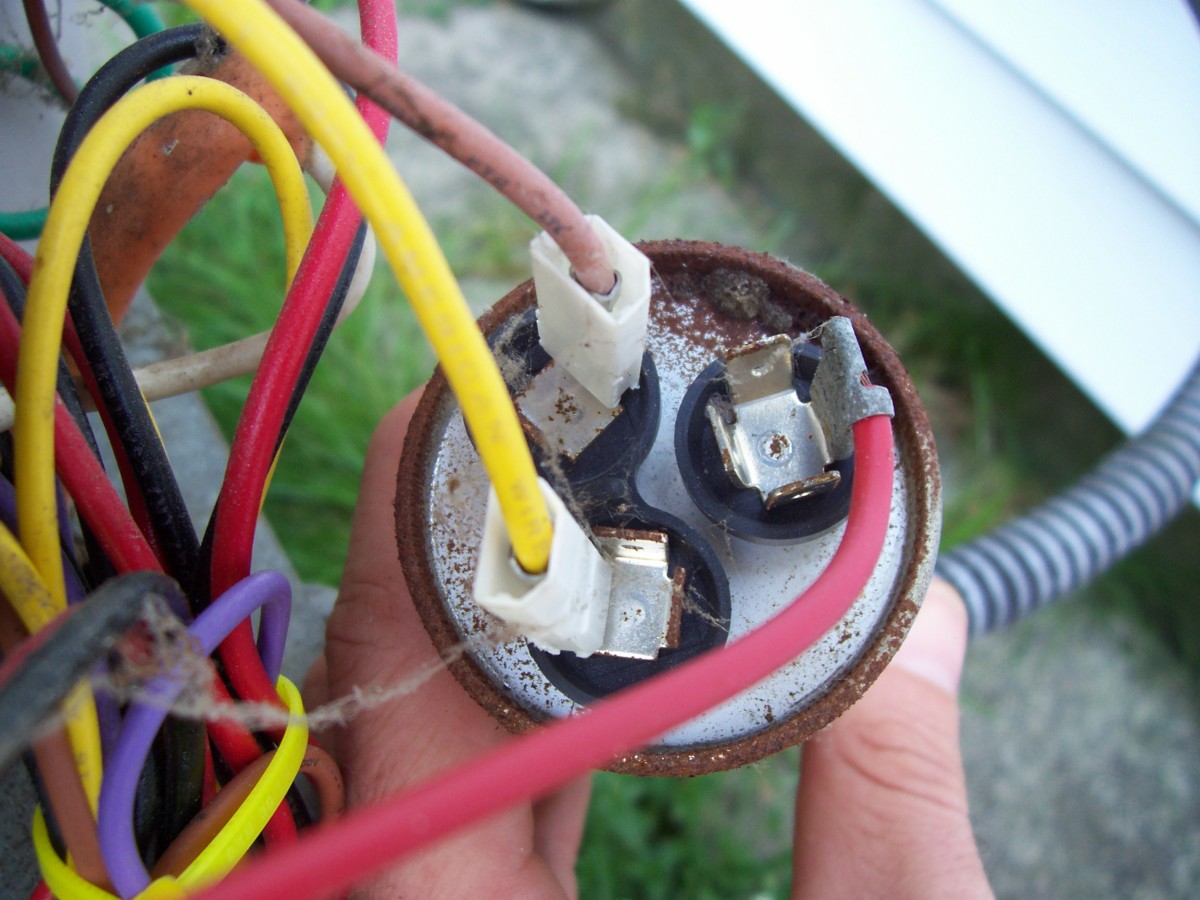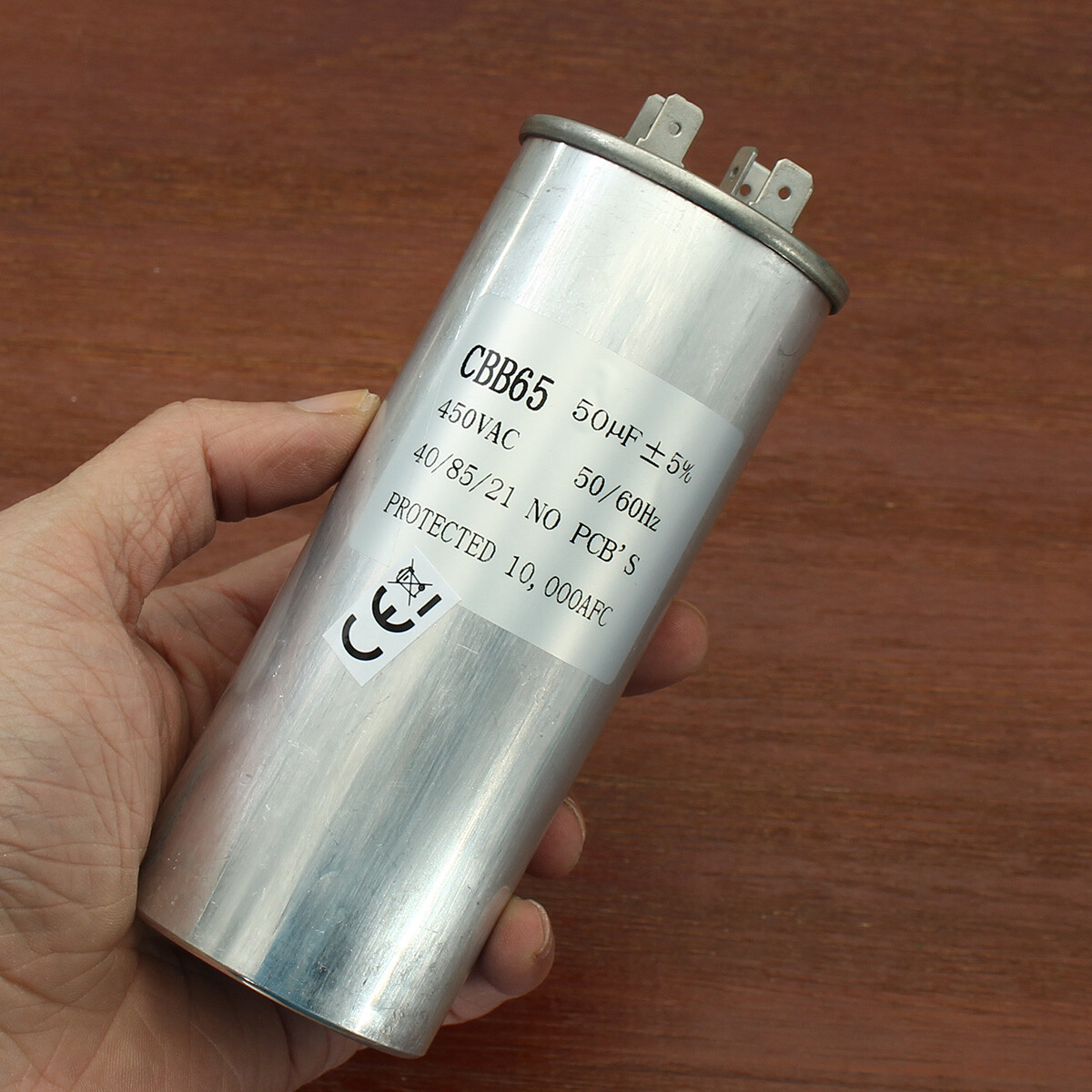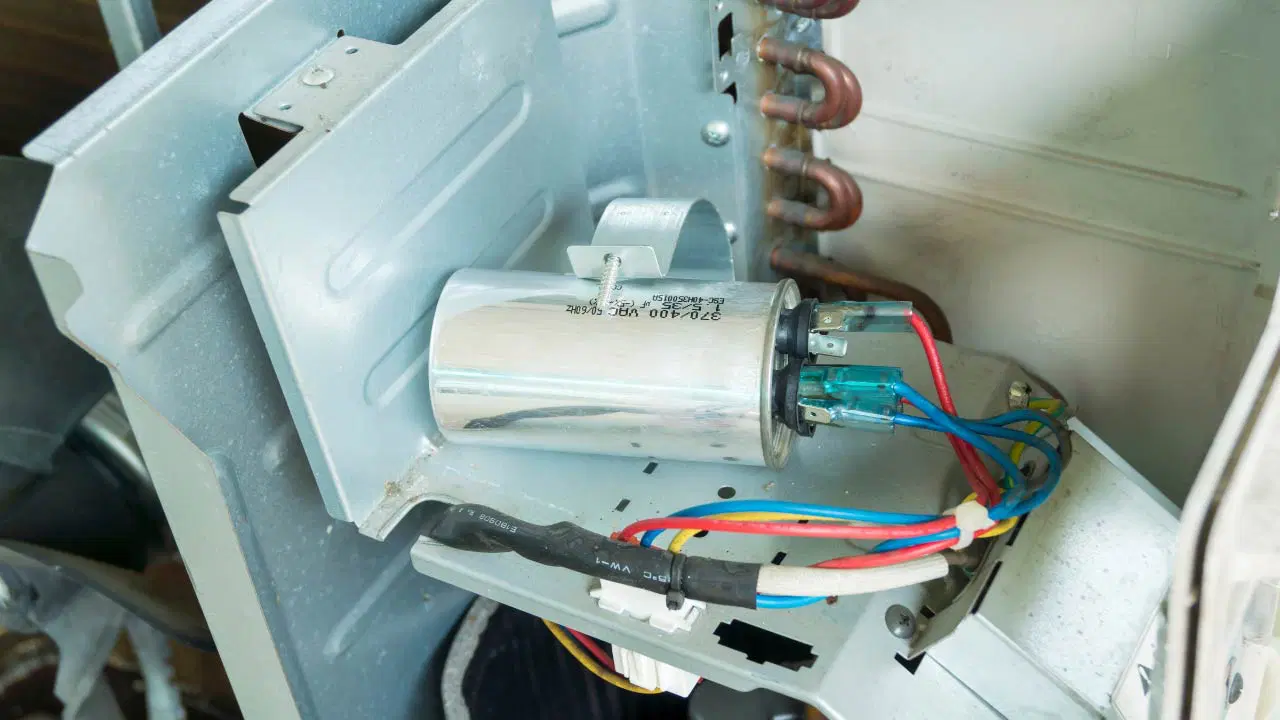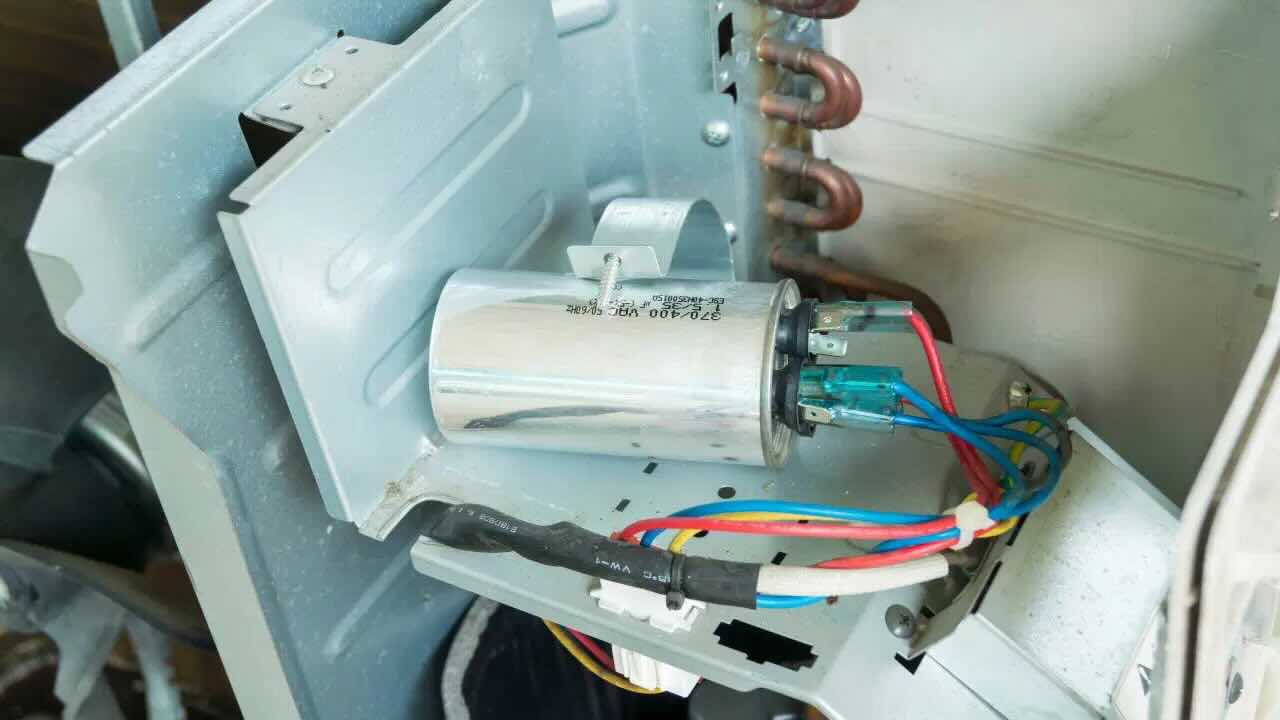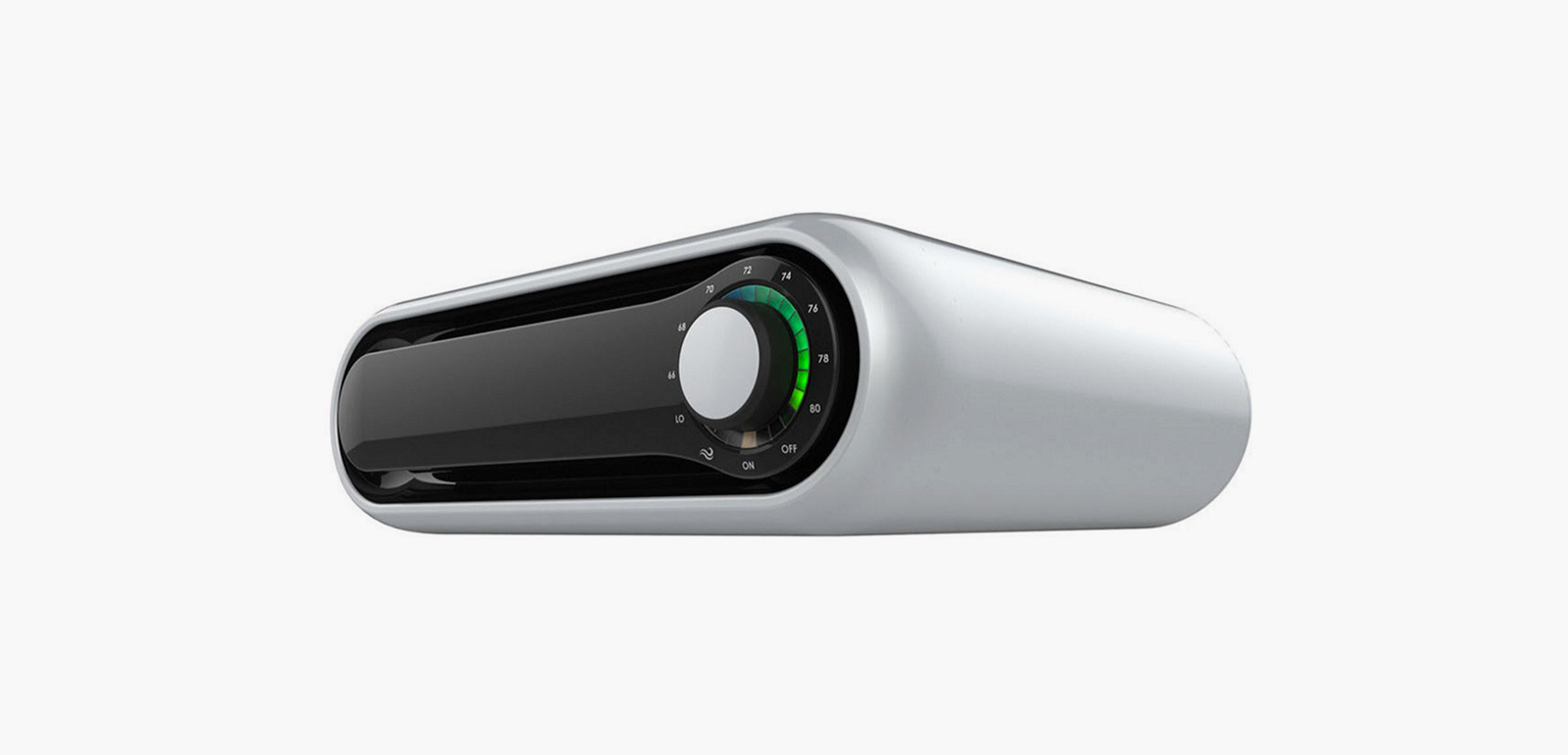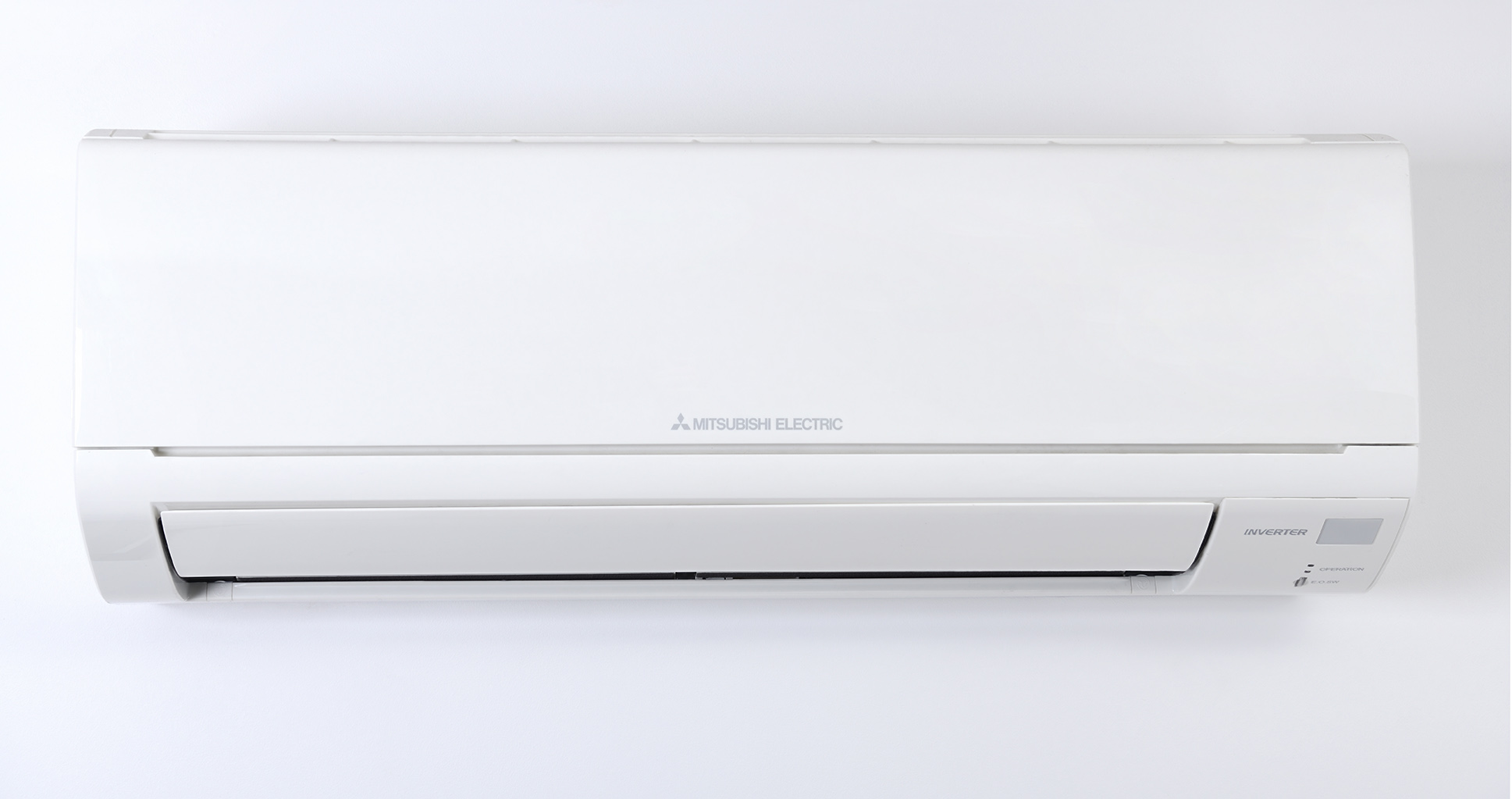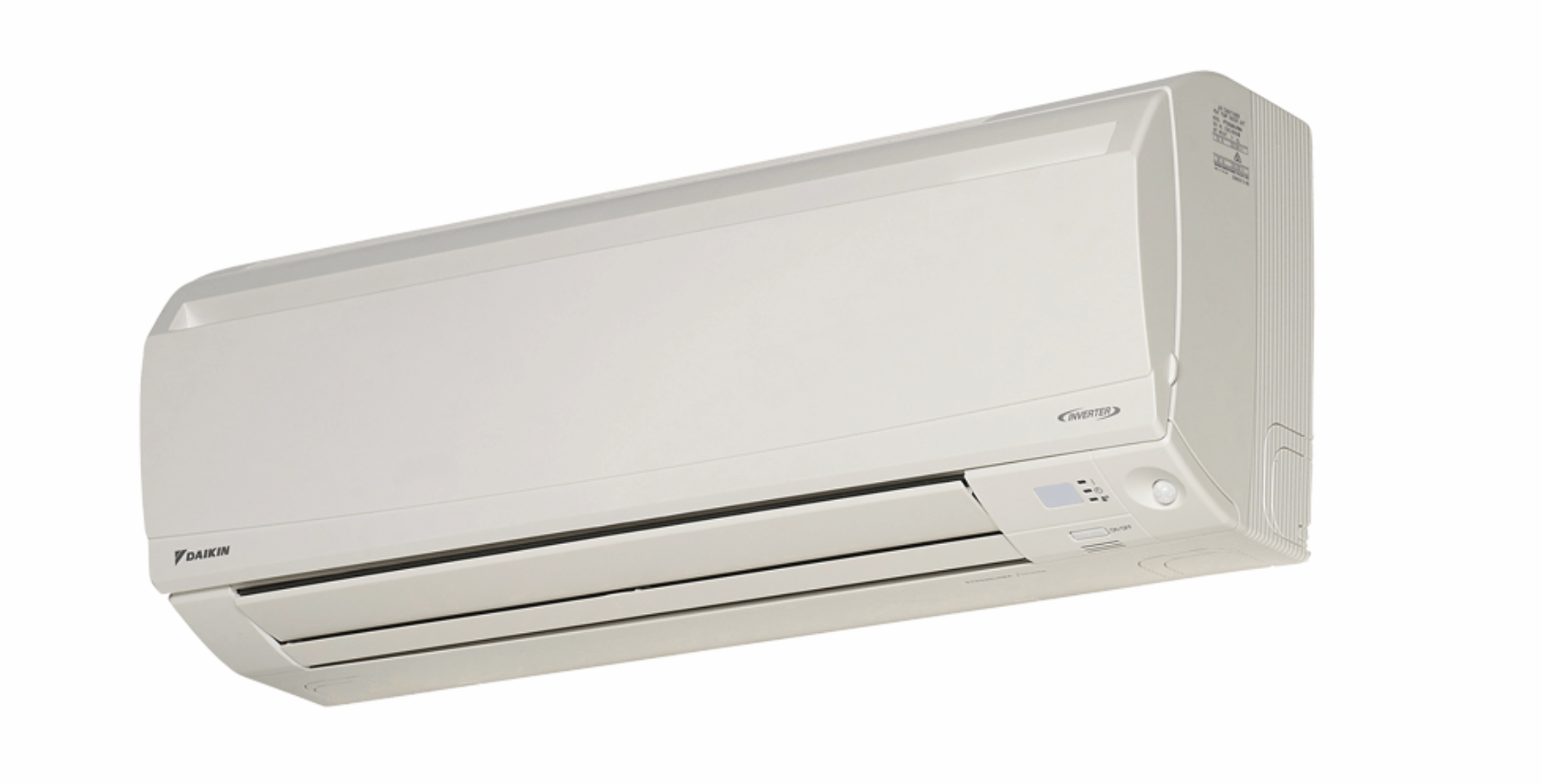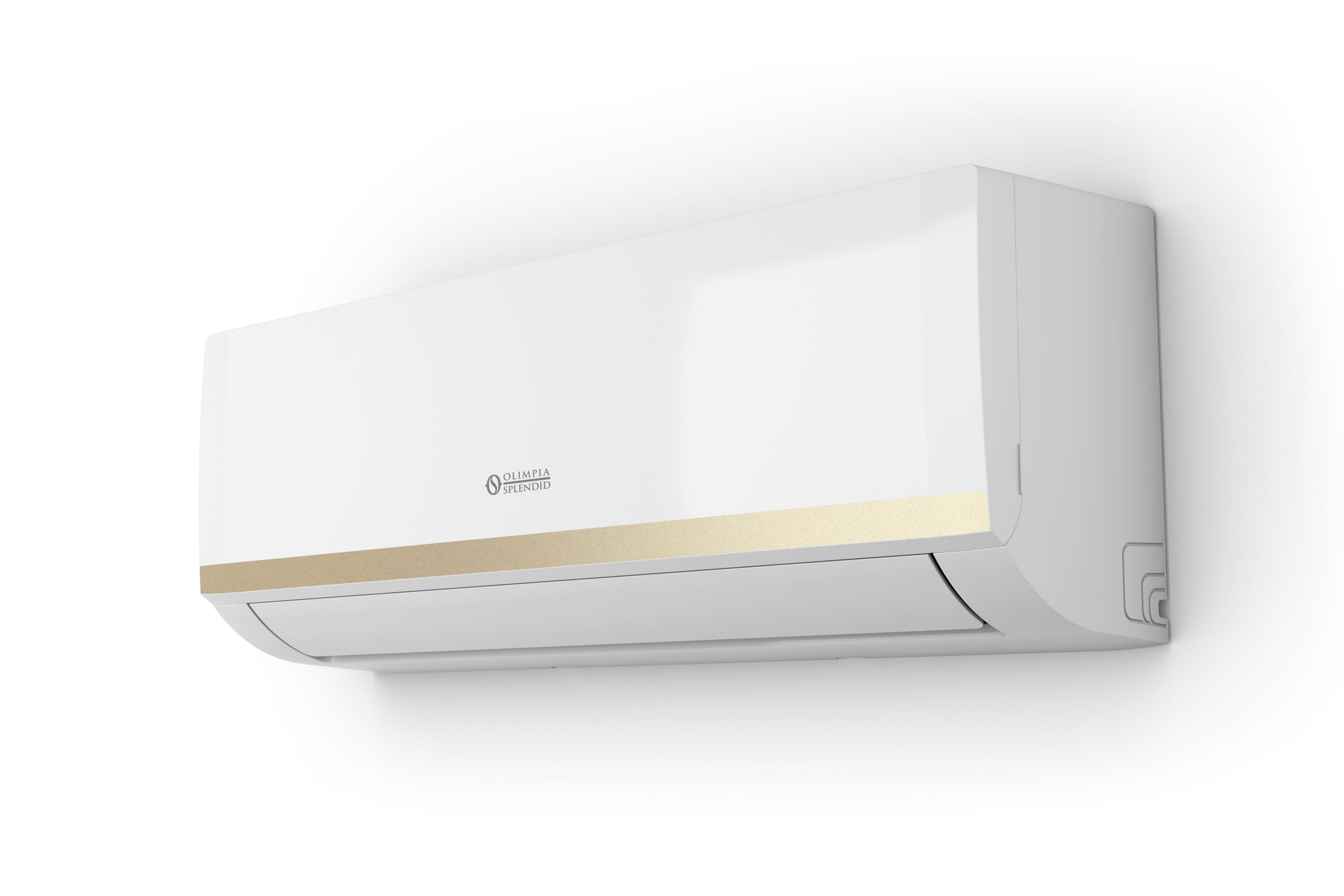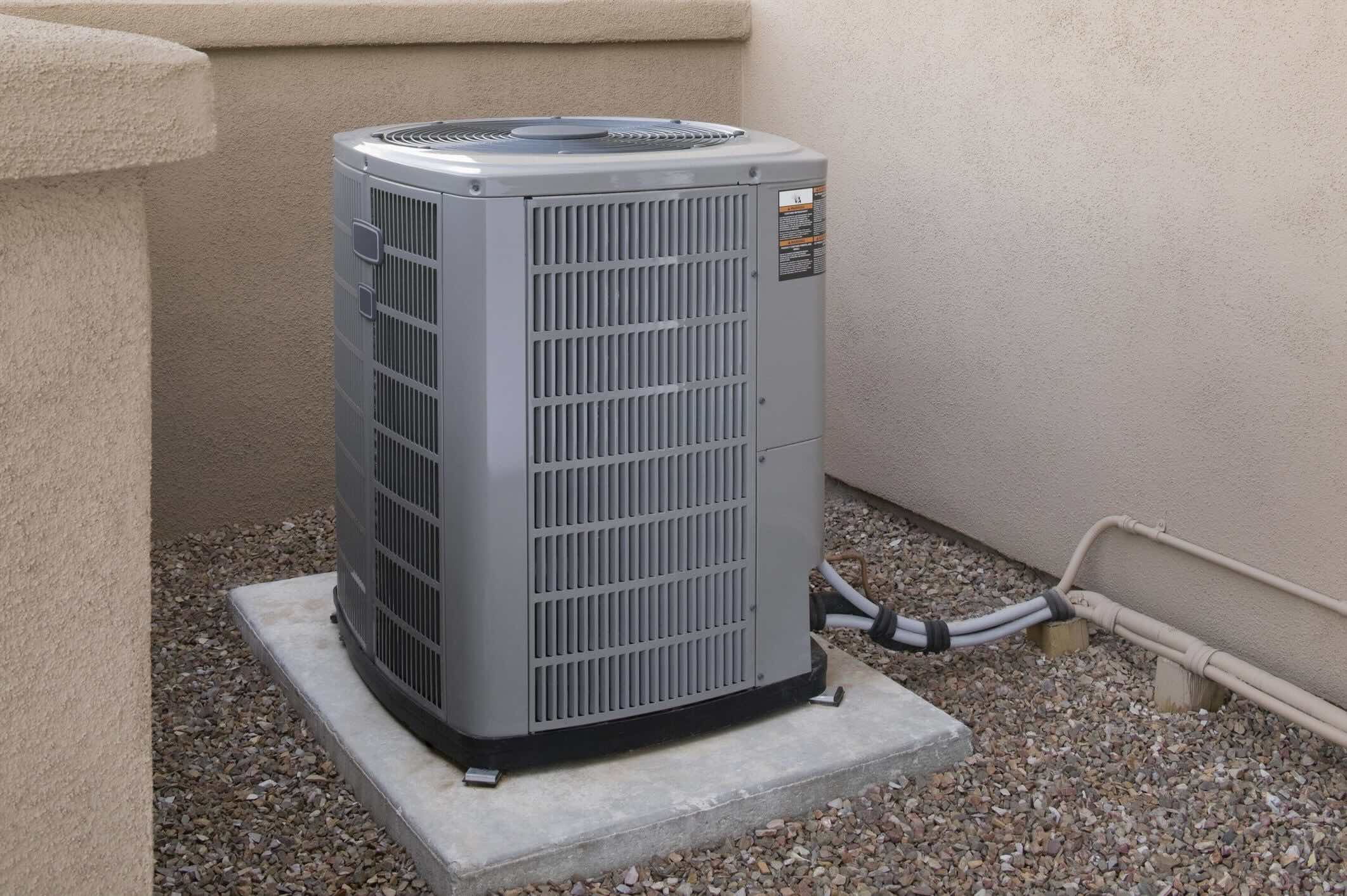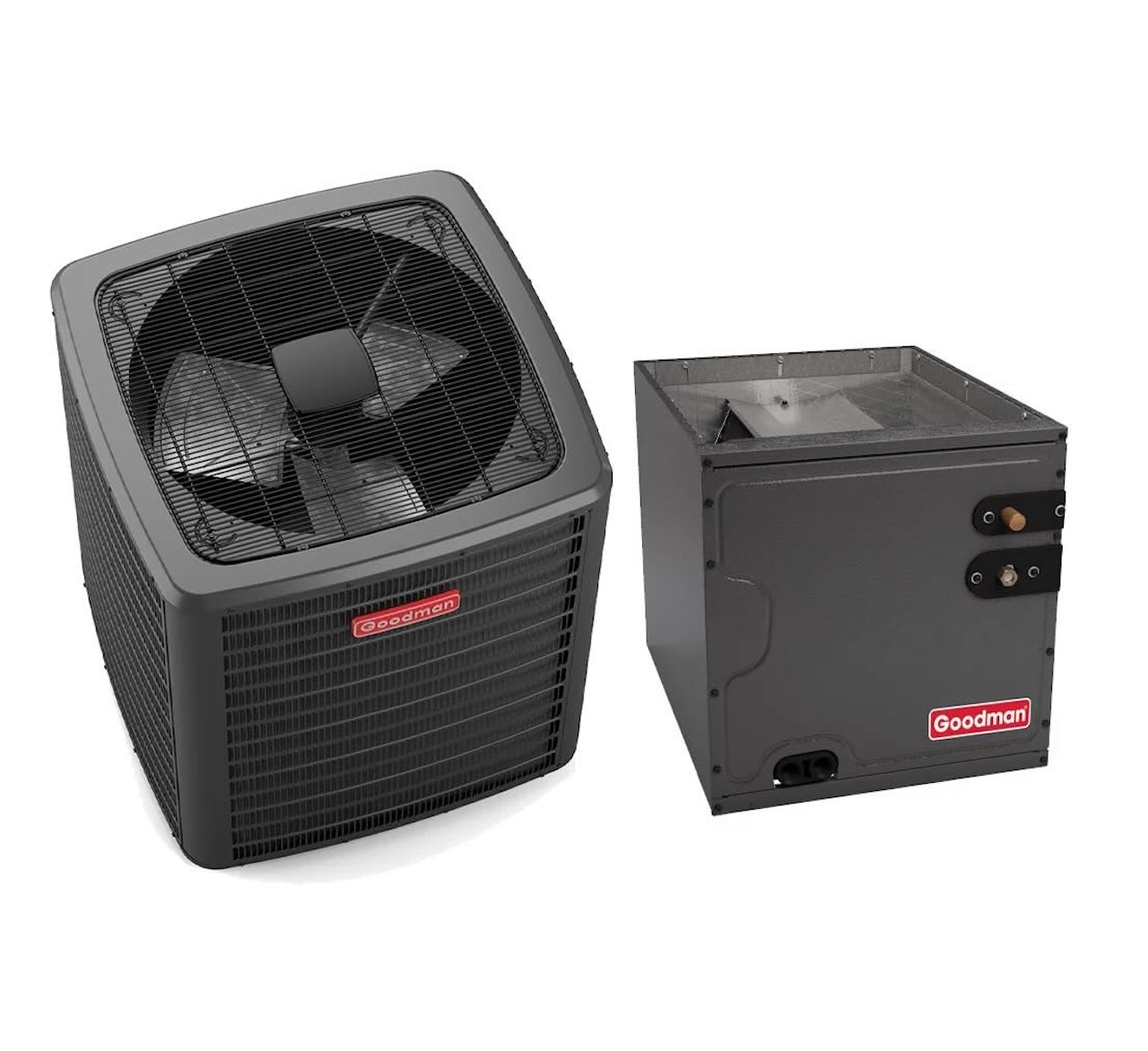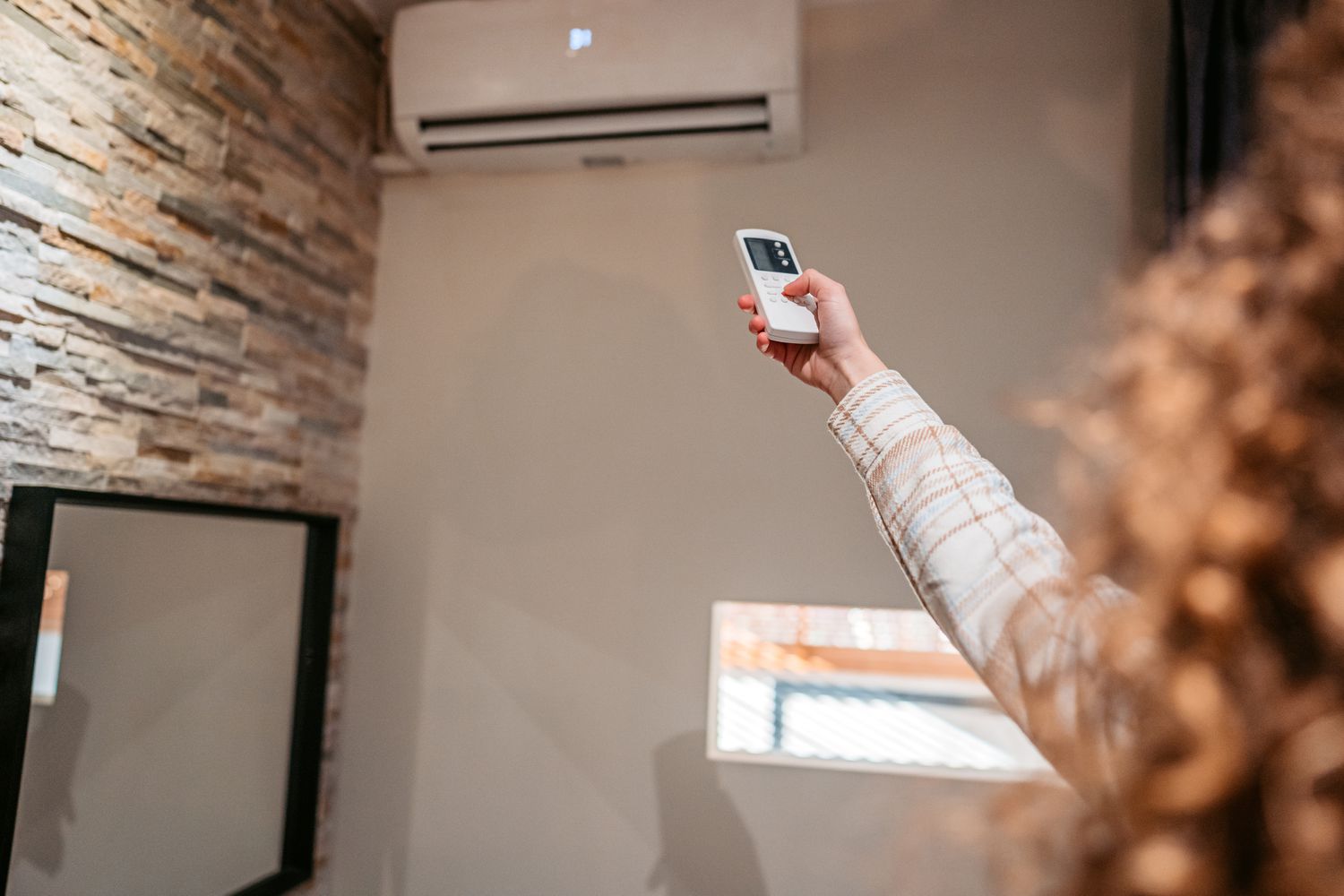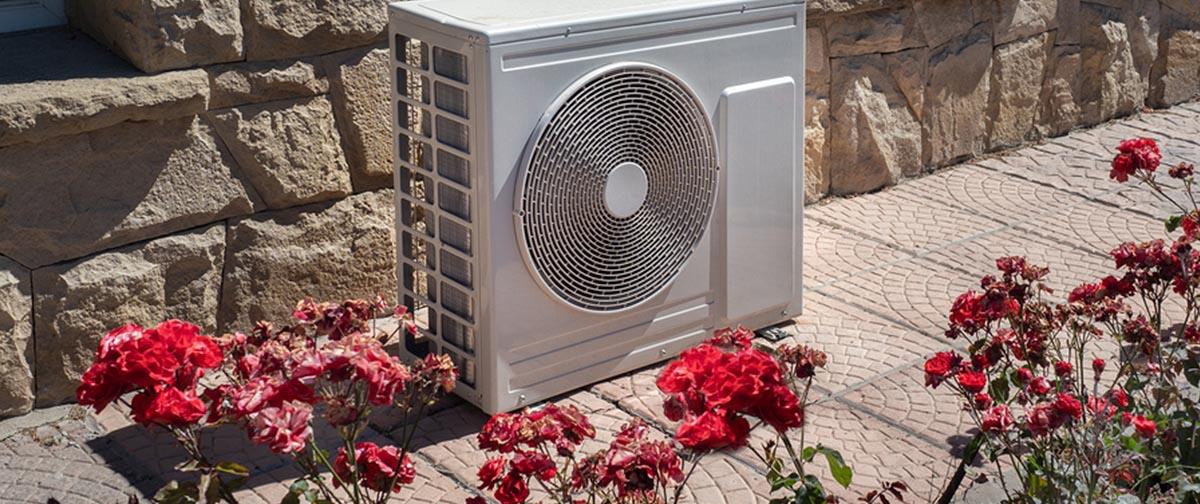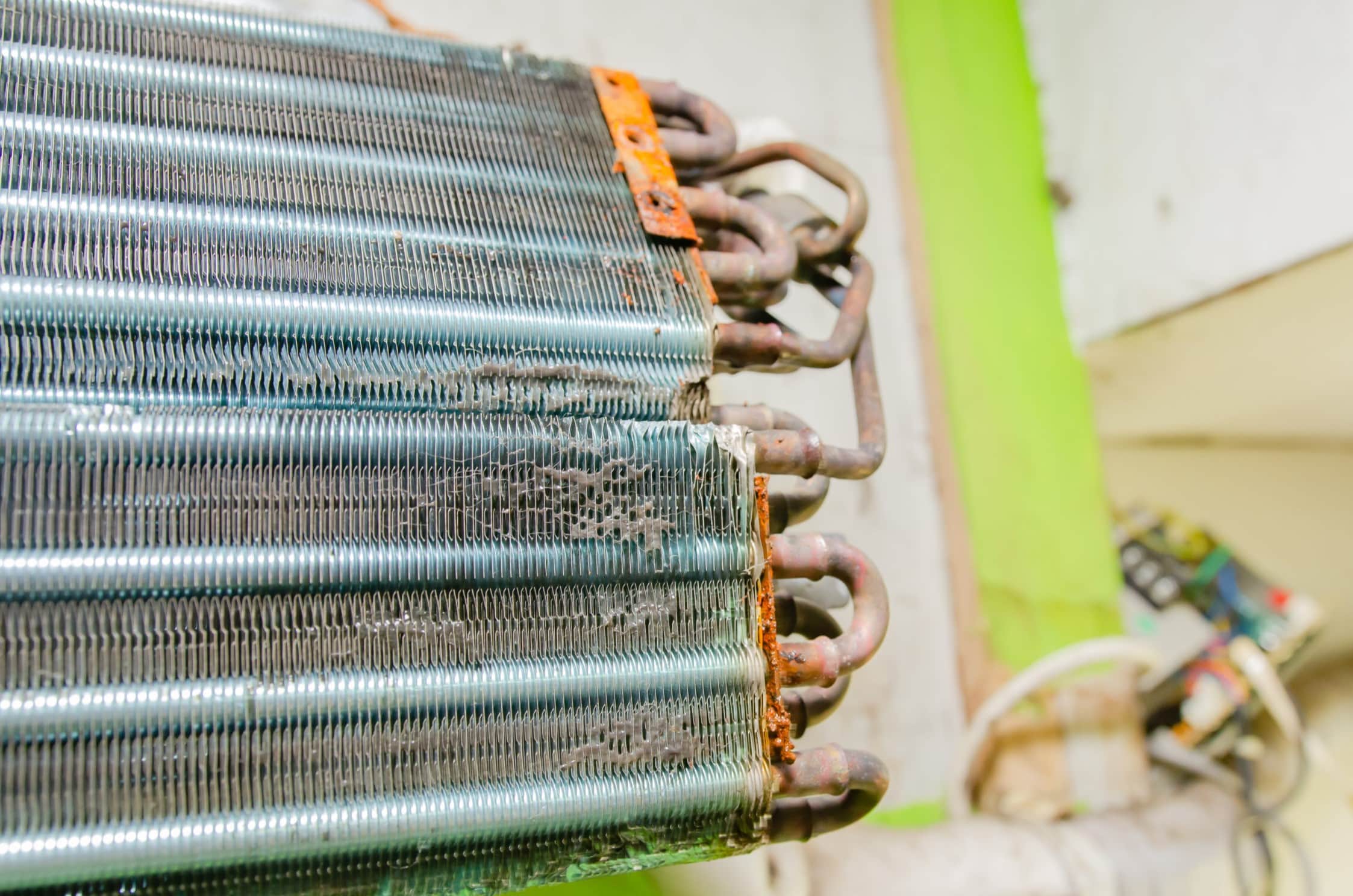Home>Home Maintenance>How Much Is A Capacitor For An Air Conditioner
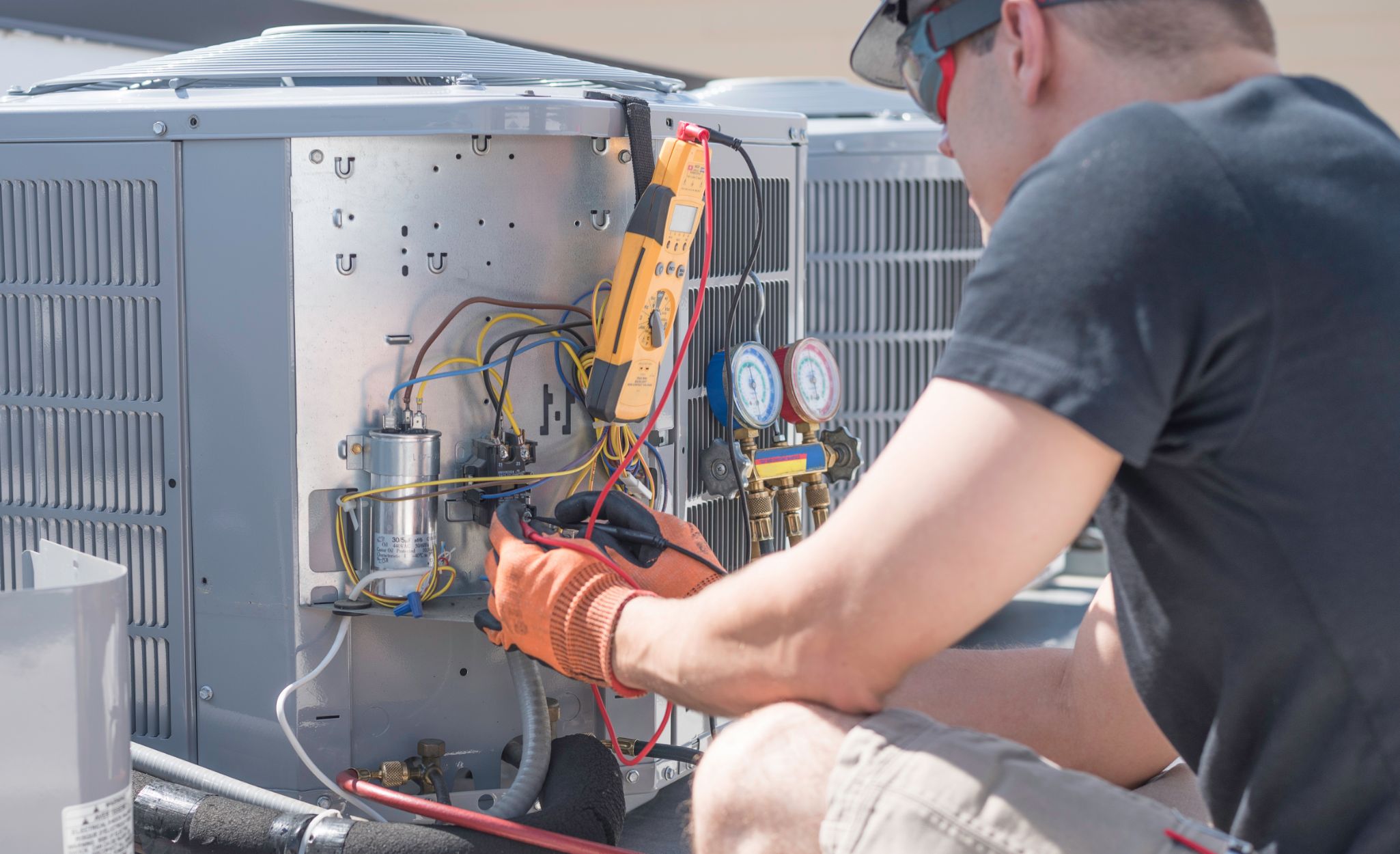

Home Maintenance
How Much Is A Capacitor For An Air Conditioner
Modified: March 7, 2024
Find out the cost of a capacitor for your air conditioner and keep your home cool with proper home maintenance.
(Many of the links in this article redirect to a specific reviewed product. Your purchase of these products through affiliate links helps to generate commission for Storables.com, at no extra cost. Learn more)
Introduction
Welcome to our comprehensive guide on air conditioner capacitors! If you’re a homeowner or someone responsible for maintaining air conditioning systems, you may have come across terms like “capacitor” or “capacitor replacement.” But what exactly is a capacitor, and why is it so important for your air conditioner?
In this article, we will delve into the world of capacitors and their vital role in the functionality of air conditioning units. We’ll discuss the signs of a faulty capacitor and how to address the issue. Additionally, we’ll explore the cost considerations and factors that can affect the price of a capacitor, as well as where you can purchase one.
Whether you’re a DIY enthusiast looking to replace a faulty capacitor or you’re simply curious about the inner workings of your air conditioner, this guide will provide you with the information you need.
So, let’s dive in and demystify everything you need to know about capacitors in air conditioners!
Key Takeaways:
- Capacitors are like batteries for air conditioners, providing the initial jolt of power to start the motors. Signs of a faulty capacitor include difficulty starting, slow start-up, and reduced cooling output.
- When replacing a faulty capacitor, consider factors like type, capacity, and brand. You can purchase capacitors from local HVAC stores, online retailers, or professional HVAC contractors. DIY replacement offers cost savings, while professional installation provides expertise and guarantees.
What is a Capacitor?
Before we dive into the importance of capacitors in air conditioners, let’s first understand what a capacitor actually is. In simple terms, a capacitor is an electronic component that stores and releases electrical energy. It consists of two conductive plates separated by an insulating material known as a dielectric.
Capacitors come in various shapes and sizes, but they all serve the same fundamental purpose – to store and discharge electrical energy. When an air conditioner is turned on, the capacitor stores a charge in the form of voltage. This stored energy is later released to start the compressor and fan motors, enabling your air conditioner to function properly.
Capacitors act as a type of “battery” for your air conditioner, providing the initial jolt of power needed to start the motor rotation. Without a functioning capacitor, your air conditioner will struggle to start up and may even fail to operate.
It’s important to note that there are two main types of capacitors used in air conditioners: the start capacitor and the run capacitor.
The start capacitor is responsible for providing the initial voltage jolt to start the motor rotation. Once the motor starts running, the run capacitor takes over and provides a continuous stream of energy to keep the motor running smoothly.
Now that we have a basic understanding of what a capacitor is, let’s explore why capacitors are crucial components in the operation of air conditioners.
Importance of Capacitors in Air Conditioners
Capacitors play a vital role in the functioning of air conditioners. Without these electronic components, your air conditioner would not be able to start up and operate efficiently. Here are some key reasons why capacitors are important in air conditioners:
- Starting the Motor: When you turn on your air conditioner, the compressor and fan motors need a high-voltage jolt to start rotating. This initial push is provided by the start capacitor. It stores the electrical charge needed to kick-start these motors, ensuring they begin functioning properly.
- Running the Motor: Once the motor is running, the run capacitor takes over and provides a continuous flow of energy to keep the motors running smoothly. This helps maintain the desired temperature and airflow within your home.
- Efficient Operation: Capacitors ensure that the motors in your air conditioner start and run efficiently. By providing the initial voltage jolt and consistent energy flow, capacitors help prevent motor strain and reduce the risk of overheating. This results in improved energy efficiency and a longer lifespan for your air conditioner.
- Improving Power Factor: Capacitors also play a role in improving the power factor of an air conditioning system. Power factor is a measure of how effectively electrical power is used. By improving the power factor, capacitors help optimize the use of electrical energy, leading to cost savings and reduced strain on the electrical grid.
Overall, the capacitors in your air conditioner are essential for starting, running, and maintaining the efficient operation of the compressor and fan motors. They contribute to the overall performance and longevity of your air conditioning system.
Now that we understand the importance of capacitors, let’s explore the signs that indicate a faulty capacitor in your air conditioner.
Signs of a Faulty Capacitor
A faulty capacitor in your air conditioner can lead to various performance issues and potentially result in a complete system breakdown. It’s essential to be aware of the signs that indicate a malfunctioning capacitor, so you can address the problem promptly. Here are some common signs to look out for:
- Difficulty Starting: If you notice that your air conditioner is having trouble starting up, it may be a sign of a faulty capacitor. The capacitor is responsible for providing the initial voltage jolt to start the compressor and fan motors. If the capacitor is unable to deliver the required power, you may experience repeated unsuccessful attempts at starting the unit.
- Slow Start-up: A malfunctioning capacitor can cause the motors in your air conditioner to start up slowly. You may notice a delay in the fan or compressor kicking in after turning on the unit. This sluggish start can lead to inefficient cooling and extended waiting times for your air conditioner to reach the desired temperature.
- Intermittent Operation: Capacitor issues can result in intermittent operation of your air conditioner. The unit may turn on and off randomly or exhibit inconsistent cooling performance. This can be frustrating and lead to discomfort in your home.
- Reduced Cooling Output: If you notice that your air conditioner is not cooling your home as effectively as before, it could be due to a faulty capacitor. A malfunctioning capacitor can cause the motors to run at lower speeds, resulting in reduced airflow and poor cooling performance.
- Strange Noises: Faulty capacitors may produce unusual buzzing, humming, or clicking noises. These noises can indicate an electrical issue within the air conditioner and should not be ignored.
- Visible Damage: In some cases, you may visually inspect the capacitor and notice signs of damage such as bulging or leaking. These physical indications suggest that the capacitor is no longer functioning properly and requires replacement.
If you observe any of these signs in your air conditioner, it is crucial to have the capacitor checked and replaced if necessary. Ignoring a faulty capacitor can lead to further damage to your air conditioning system and potentially result in costly repairs.
Next, let’s explore the cost of a capacitor and the factors that can affect its price.
How Much Does a Capacitor Cost?
The cost of a capacitor for an air conditioner can vary depending on several factors, including the type of capacitor, its capacity, and your location. On average, a capacitor for an air conditioner can cost anywhere between $50 to $150.
Start capacitors are typically lower in cost compared to run capacitors. The average price range for a start capacitor is around $50 to $80, while run capacitors can range from $70 to $150.
Keep in mind that these prices are estimates and can vary based on the brand, quality, and availability of the capacitor. Additionally, the cost may also include labor charges if you hire a professional to replace the capacitor.
It’s important to choose a capacitor that matches the specifications and requirements of your air conditioner. Using the correct capacitor ensures optimal performance and prevents any potential damage to the system. Consult the manufacturer’s guidelines or seek the advice of an HVAC professional to determine the appropriate capacitor for your specific air conditioning unit.
Now that we have a general idea of the cost involved, let’s explore the factors that can affect the price of a capacitor.
When purchasing a capacitor for an air conditioner, make sure to check the specifications of your current capacitor and buy one that matches those specifications. It’s important to get the right size and voltage to ensure proper functioning of your air conditioner.
Read more: What Is A Capacitor On An Air Conditioner
Factors Affecting Capacitor Prices
Several factors can influence the price of a capacitor for an air conditioner. Understanding these factors can help you determine why the cost may vary and make an informed decision when purchasing a replacement capacitor. Here are some of the main factors that affect capacitor prices:
- Type of Capacitor: Start capacitors are generally less expensive compared to run capacitors. Start capacitors provide the initial voltage jolt to start the motor, while run capacitors provide a continuous flow of energy to keep the motor running. The design and specifications of each capacitor type can impact their respective prices.
- Capacity: The capacity of a capacitor is measured in microfarads (µF) and indicates its ability to store and release electrical energy. Capacitors with higher capacities generally have higher prices. The required capacity for your air conditioner will depend on its specific motor requirements.
- Brand and Quality: The brand and quality of the capacitor can significantly impact the price. Established brands and capacitors manufactured with higher-quality materials may come with a higher price tag. It’s important to choose a reputable brand and ensure the quality of the capacitor to ensure its longevity and performance.
- Location: The cost of capacitors can vary based on your location and local market conditions. Prices may differ between regions or cities due to factors such as supply and demand, competition, and local economic factors.
- Professional Installation: If you opt to have a professional HVAC technician replace the capacitor, the overall cost may include labor charges. The rates for installation and service can vary depending on the contractor and your location.
Considering these factors, it’s important to strike a balance between price and quality when purchasing a replacement capacitor. While budget-friendly options may be available, it’s crucial to ensure the capacitor meets the necessary specifications and is compatible with your air conditioning system.
Now that we have explored the factors affecting capacitor prices, let’s discuss where you can purchase capacitors for air conditioners.
Where to Buy Capacitors for Air Conditioners
When it comes to purchasing capacitors for air conditioners, you have several options available. Here are some of the main places where you can buy capacitors:
- Local HVAC Supply Stores: Local HVAC supply stores specialize in providing components and parts for heating, ventilation, and air conditioning systems. These stores typically carry a wide range of capacitors suitable for different air conditioner models. Visit your nearest HVAC supply store and consult with their experts to find the right capacitor for your unit.
- Online Retailers: Online marketplaces, such as Amazon, eBay, and HVAC-specific websites, offer a convenient way to browse and purchase capacitors from the comfort of your home. These platforms often provide detailed product descriptions, customer reviews, and ratings to help you make an informed decision. Ensure that you purchase from reputable sellers and check the compatibility of the capacitor with your air conditioner.
- Manufacturer’s Website: If you prefer to purchase directly from the manufacturer, visit their official website. Many air conditioner manufacturers have an online store where you can find genuine replacement parts, including capacitors. This ensures that you are getting a compatible capacitor specific to your air conditioner model.
- Local HVAC Contractors: If you prefer professional assistance with the purchase and installation of capacitors, consider reaching out to local HVAC contractors. These professionals often have access to a wide range of parts and can source the appropriate capacitor for your air conditioner. They can also provide expert advice and may offer warranties or guarantees on their work.
Before making a purchase, ensure that you have the correct specifications for the capacitor you need. This information can usually be found in the air conditioner’s user manual or by consulting with an HVAC professional.
Regardless of where you decide to buy the capacitor, it’s essential to choose a reliable source that provides quality products. Ensure that the capacitor meets industry standards and has positive customer reviews to ensure its reliability and longevity.
Now that you know where to buy capacitors, let’s explore the options for replacing capacitors: do-it-yourself (DIY) or professional replacement.
DIY vs. Professional Replacement
When it comes to replacing a faulty capacitor in your air conditioner, you have the option to either do it yourself (DIY) or hire a professional HVAC technician. Let’s explore the advantages and considerations of each approach:
DIY Replacement:
1. Cost Savings: One of the main advantages of a DIY replacement is the potential cost savings. By purchasing the capacitor yourself and performing the installation, you can avoid paying for professional labor charges.
2. Convenience: DIY replacement allows you to work on your own schedule and at your own pace. You can order the capacitor online or purchase it from a local store, and then install it whenever it is convenient for you.
3. Basic Skills Required: Replacing a capacitor does not necessarily require advanced technical skills. With basic knowledge, tools, and following proper safety procedures, you may be able to successfully replace the capacitor yourself.
Professional Replacement:
1. Expertise and Experience: HVAC technicians have the necessary knowledge and experience to accurately diagnose capacitor issues and install replacements. They can ensure the correct capacitor is selected for your specific air conditioner model, minimizing the risk of any errors.
2. Warranty and Guarantees: Hiring a professional often comes with added benefits, such as warranties or guarantees on the replacement capacitor and installation work. This provides you with peace of mind and protection in case of any issues in the future.
3. Time and Efficiency: Professionals are equipped with the tools, resources, and expertise to complete the replacement quickly and efficiently. They can minimize downtime and ensure that your air conditioner is functioning optimally.
When deciding between a DIY replacement and hiring a professional, consider your comfort level with DIY projects, the complexity of the installation, and your budget. If you are not confident in your abilities or lack the necessary tools and knowledge, it may be best to leave the replacement in the hands of a professional.
Remember, proper installation is crucial to ensure the capacitor operates safely and effectively. If you do choose the DIY route, carefully follow the manufacturer’s instructions, take necessary safety precautions, and be aware of the risks involved.
Ultimately, the choice between a DIY replacement and professional installation depends on your skills, comfort level, and the complexity of the task. It’s essential to prioritize safety and ensure the correct capacitor is selected to maintain the efficiency and longevity of your air conditioner.
With that, you now have a comprehensive understanding of capacitors in air conditioners and the different options for replacing them. Let’s summarize what we’ve covered.
Conclusion
In conclusion, capacitors are crucial components in the operation of air conditioners. They store and release electrical energy, providing the initial voltage jolt to start the compressor and fan motors. Without capacitors, your air conditioner would struggle to start and may not operate efficiently.
Understanding the signs of a faulty capacitor is essential for timely detection and replacement. Difficulty starting, slow start-up, intermittent operation, reduced cooling output, strange noises, and visible damage are all indicators of a malfunctioning capacitor.
When it comes to purchasing a replacement capacitor, prices can vary depending on factors such as the type of capacitor, capacity, brand and quality, location, and whether professional installation is required. Local HVAC supply stores, online retailers, manufacturer’s websites, and professional HVAC contractors are the main sources for purchasing capacitors.
Deciding between a DIY replacement and hiring a professional depends on your comfort level, expertise, and budget. DIY replacements offer potential cost savings and convenience, while professional replacements provide expertise, warranties, and guarantees.
Regardless of the method chosen, it’s crucial to prioritize safety and ensure the compatibility of the capacitor with your air conditioner. Follow manufacturer’s instructions and safety precautions when replacing capacitors.
By understanding the importance of capacitors, recognizing the signs of a faulty capacitor, and knowing where and how to purchase and replace them, you can ensure the efficient and reliable operation of your air conditioning system.
We hope this comprehensive guide has provided you with the knowledge and insights you need to navigate the world of capacitors in air conditioners. Stay cool and enjoy optimal indoor comfort!
Frequently Asked Questions about How Much Is A Capacitor For An Air Conditioner
Was this page helpful?
At Storables.com, we guarantee accurate and reliable information. Our content, validated by Expert Board Contributors, is crafted following stringent Editorial Policies. We're committed to providing you with well-researched, expert-backed insights for all your informational needs.
